Attitude adjustment required on both sides over Taiwan
The clouds of war have been building up ominously in the Taiwan Strait but the ways of diplomacy lack relevance today.
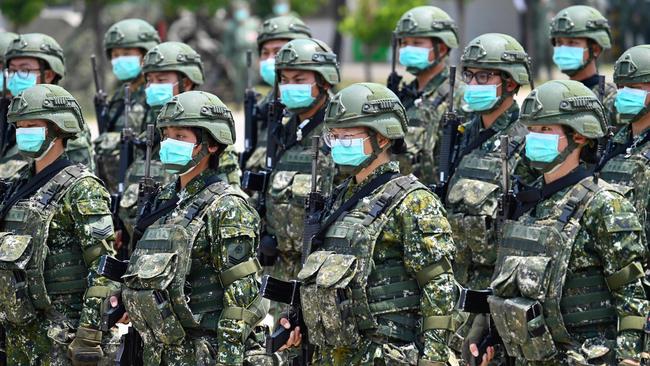
The clouds of war have been building up ominously in the Taiwan Strait. China has been intruding into Taiwan’s sea and air space and making strident statements about the self-governing, democratic and prosperous island being an inalienable part of its own territory. The Eastern Theatre Command, which would supply the military forces for an initial assault on Taiwan, issued a press release recently declaring that it would defend every flower and every blade of grass of “the motherland” rather than allow Taiwan to become independent.
For decades, the outside world has sustained relations with China and peace across the Taiwan Strait based on the formula of “one China” and the recognition that the PRC claims sovereignty over Taiwan — which is not the same as acknowledging such sovereignty. Xi Jinping is openly threatening to enforce this sovereignty claim by going to war, in the same bellicose spirit that had him impose a draconian national security law on Hong Kong this year; casting aside the Basic Law, under which Hong Kong was supposed to be governed until 2049. The same spirit has seen him fortify or create islets in the South China Sea, intrude violently into India and undertake provocations against Japan’s occupation of the Senkaku islands.
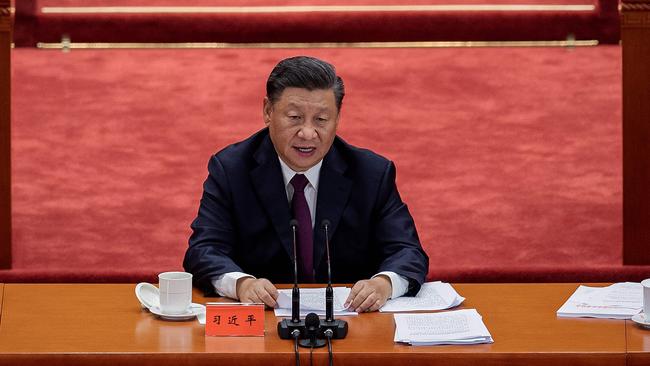
Pro-China lobbyists in Australia have, for many years, argued both that China’s claim to sovereignty over Taiwan is justified and that it is, as Hugh White, Stephen Fitzgerald or Bob Carr tend to express it, a “neuralgic” issue for China — a highly sensitive one, which cannot be changed and must, therefore, be taken as a given in our own strategic and diplomatic calculations. Many on both sides of politics in this country have long insisted that Australia does not have a dog in this fight and should not permit the ANZUS alliance to drag us into a war with China on account of Taiwan, if Taiwan “provokes” a Chinese assault and the United States stands by Taiwan.
The time has come to radically rethink this attitude, before such war comes. Such a war would be a disaster for China itself and the region. But that does not mean that appeasing China and abandoning Taiwan are acceptable or safe paths to take. This is a strategic conundrum that demands deep thought and not merely reactive or nervous posturing. For the reality is that, if China goes to war — whether or not we stand aside — it will generate an earthquake in the Indo-Pacific. We cannot be immune from the tremors or geopolitical tsunamis that would follow. And this is true whether or not China wins such a war.
In the brilliant 2003 documentary The Fog of War, the aged Robert McNamara urged that, in any situation of strategic confrontation, we must seek to empathise with the other side. He was correct. We do need to understand the party’s thinking on this matter and be able to see it from Beijing’s point of view. But that doesn’t mean that its point of view is correct or even tenable. It simply means that we need to be able to look at the overall situation through Communist Party eyes and not only project our own assumptions or preferences on to it. For many years, we have actually attempted to do that. And, as long as China followed Deng Xiaoping’s wisely patient approach to the problem, this was sufficient to keep the peace. However, Xi has been jettisoning Deng’s conservative policies across the board. He is neither patient nor wise. Hence the need for us to radically rethink our own stance regarding Taiwan.
The first thing to register is that the idea advanced by the Eastern Theatre Command — that it would defend every flower and blade of grass — is preposterous on the face of it. To assault and subdue Taiwan would be a massively costly and destructive operation involving vastly more than flowers or blades of grass. China would risk frustration and humiliation. Taiwan itself could suffer catastrophic damage. The collateral damage to China’s economy and its reputation would be massive. The countries around it, already fearful and distrustful, would almost certainly band together sharply against China for the sake of their own security. Does Xi understand this? Does he believe he can achieve his goals by bluffing? He has shown us in Hong Kong that he isn’t bluffing. His language and his actions are harsh and resolute. War is possible.
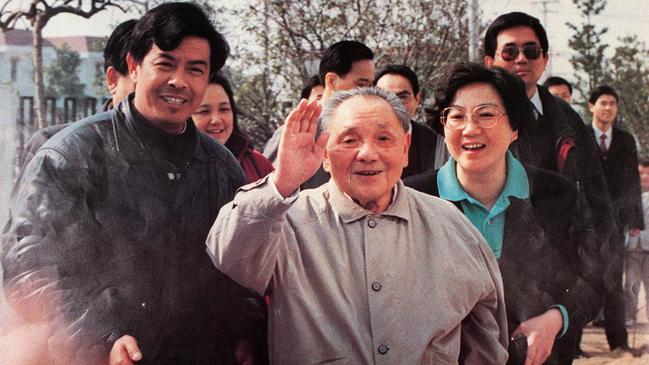
If, however, we are to rethink our strategic and diplomatic approach to the problem, how might we do so? Fifteen years ago, in my book Thunder From the Silent Zone: Rethinking China, I devoted four whole chapters to this question. I made three key points:
First, there had been a precedent for confrontation between China and America over Taiwan, in 1958; a re-examination of it showed that the two sides had seriously misunderstood one another’s thinking and concerns. It is an instructive precedent. China was shelling the Taiwanese-held offshore islands of Kinmen and Mazu to drum up domestic nationalism, without any intention of actually seizing them, much less assaulting Taiwan proper. Washington didn’t see it this way and turned the situation into a major stand-off, threatening to use nuclear weapons unless Mao (who didn’t have any) backed off. He backed off — then proceeded to develop his own nuclear arsenal, which he acquired by 1964.
Second, in reality, it would now (in the 21st century) be in China’s clear national interest to stop this absurd pretence of winning the civil war by subordinating Taiwan to its rule, or trying to intimidate it; and, instead, extend the hand of magnanimity to its little island neighbour, acknowledge its authentic independence and seek to foster it as a sympathetic littoral state with strong historic ties to China, Japan and America alike — a larger Singapore.
Third, this would be rational for China, but it would only be achieved by breakthrough thinking of the kind that had transformed the Cold War in Europe (1989), the apartheid problem in South Africa (1994) and the Indonesian occupation of East Timor (1999). Could this happen in the case of China’s belligerent claim on Taiwan? There would be, I argued, numerous sceptics; but it was, on the face of it, far easier to conceive and carry out, given that Taiwan was already independent, prosperous and at peace — unlike Eastern Europe, South Africa or East Timor, in decades past. Would it occur? That was obviously uncertain. But advocacy of it would surely help enlarge the scope for it to come about.
The challenge immediately in front of us collectively — not in Australia alone, but in Japan, South Korea, Vietnam, Indonesia, the US, India and, of course, China itself — is to be able to think coolly enough to conceive this possibility and talk quietly and seriously about it. So long as the matter is understood as the rest of us seeking to abridge China’s national interest or pride, the problem remains intractable. Yet capitulation to the way that national interest is currently conceived would be both dishonourable and potentially disastrous. It was the great Chinese scholar Dali Yang who wrote some years ago that there are deficiencies of rationality in history which we call tragedies. A war by China against Taiwan would be such a tragedy. And such a tragedy would, like all wars, have cascading consequences — none of which would be good for Asia.
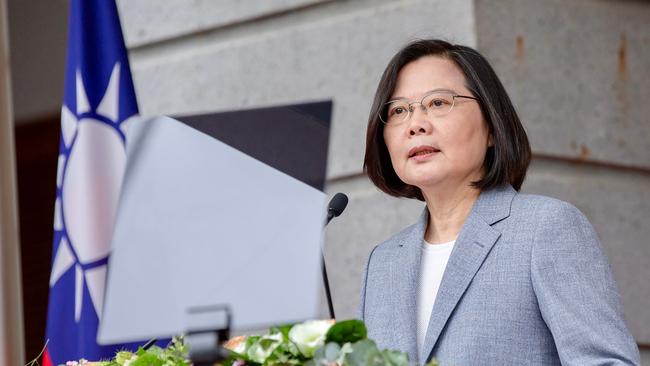
So, here is our policy dilemma: we should champion Taiwan, because it is free, democratic and prosperous, constrain China by making it clear that if it starts a war the consequences for it and all of us would be immensely destructive and; at the same time, advance the idea of a transformation of the situation that would, in sober reality, be in the common good.
That transformation was one that Deng Xiaoping, I think, hoped for: the gradual, peaceful convergence of the Chinese and Taiwanese polities, as China itself prospered and relaxed. China has prospered during the long peace but it has not relaxed. Under Xi it has become suddenly and ominously ambitious. If we cannot, collectively, alter that disposition in Beijing, the future will be dark.
A simple way to conceptualise this situation is something called the Necker Cube. This is like the famous duck/rabbit optical illusion. The diagram doesn’t change, the facts remain the same, but if you look at it differently you actually perceive a different reality. The Necker Cube looks, from one point of view, as though the red dot is in one corner. Look at it afresh and the red dot appears to be in a different corner. It’s just a case of how you look at it. In the present case, without changing any facts we need to see and we need the people and decision-makers in China to see that transforming the Taiwan problem, rather than going to war over it, involves just such a shift in perspective regarding the already existing facts.
The Hong Kong-based Chinese scholar Jiwei Ci argued, in his 2019 book Democracy in China: The Coming Crisis, that democratisation is necessary and imminent in China; not because of abstract, idealistic principles, but because it is the only viable and pragmatic solution to the pressing legitimation crisis facing the Communist Party. The same is true with regard to Taiwan. The solution is patently clear and would be vastly better for China than the path Xi is taking. We need to work to make that apparent and encourage China to change course for its own good and the common good.
Paul Monk is the one-time head of the China desk in the Defence Intelligence Organisation and the author of 10 books, including Dictators and Dangerous Ideas (2018).


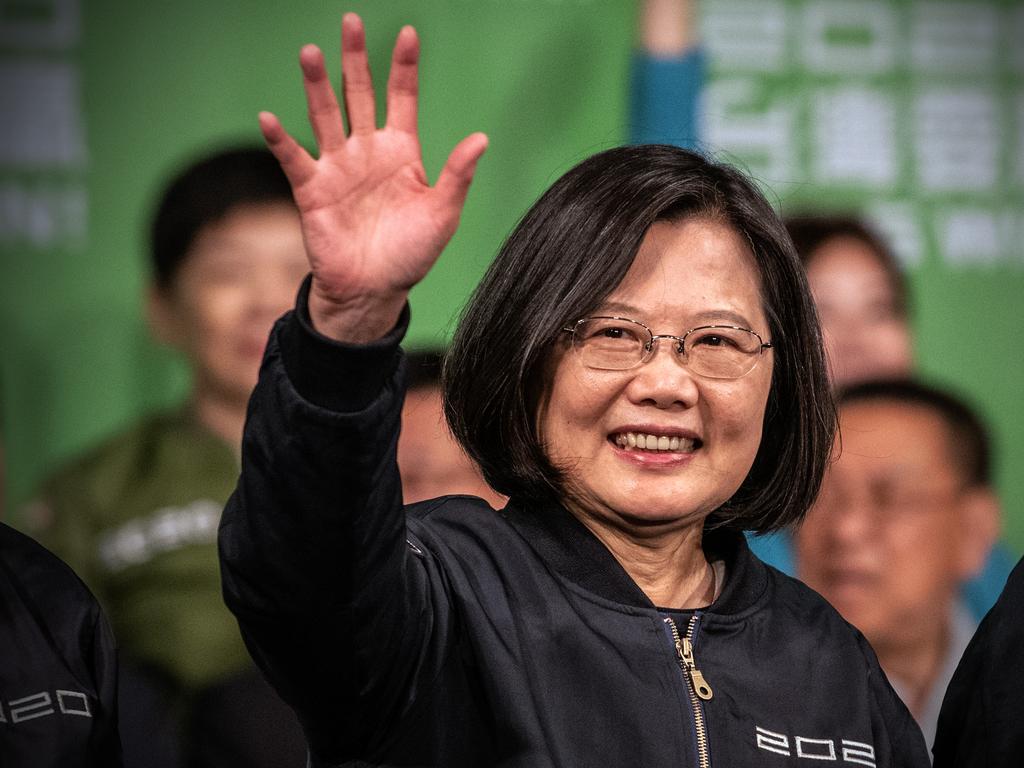
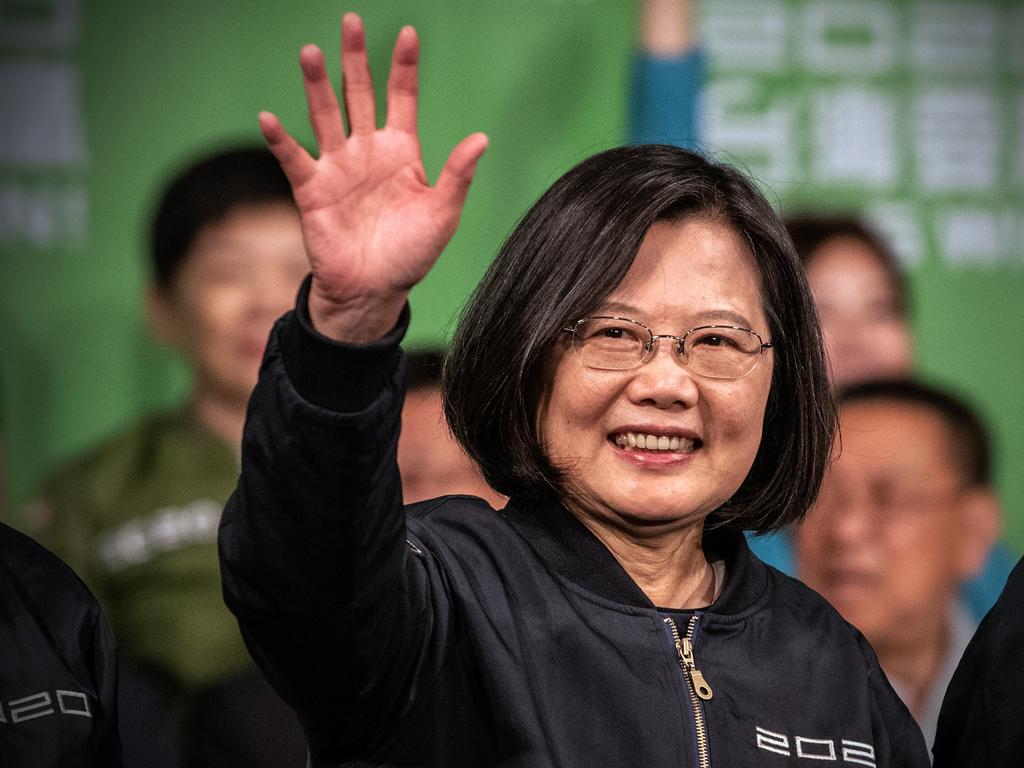
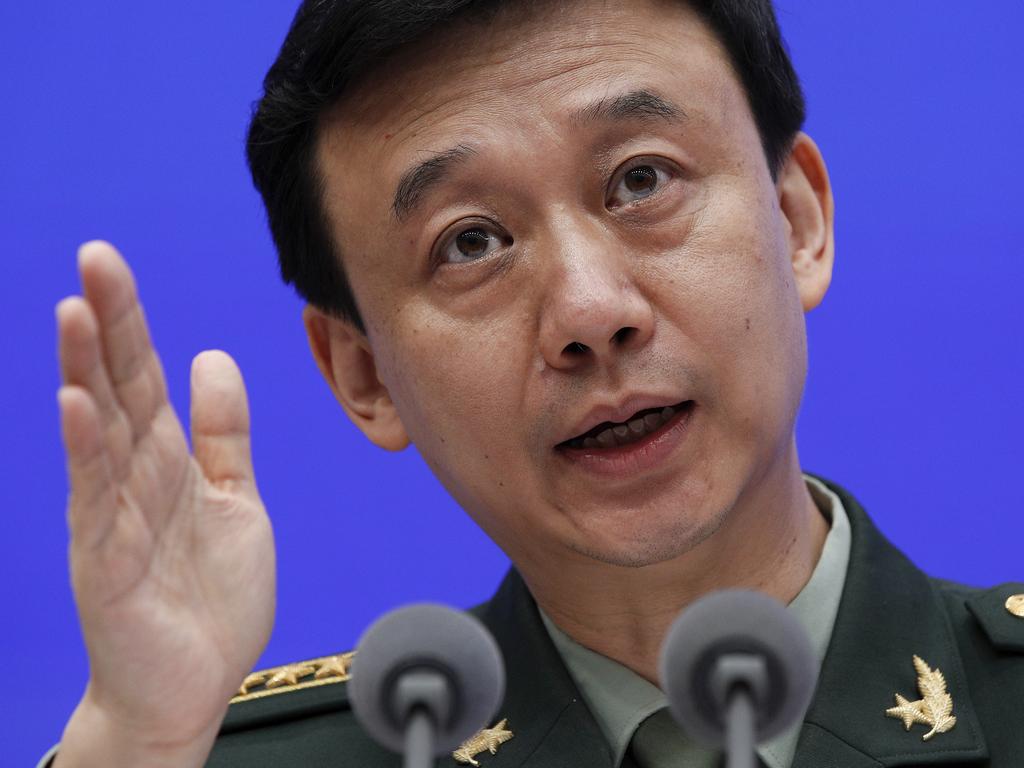
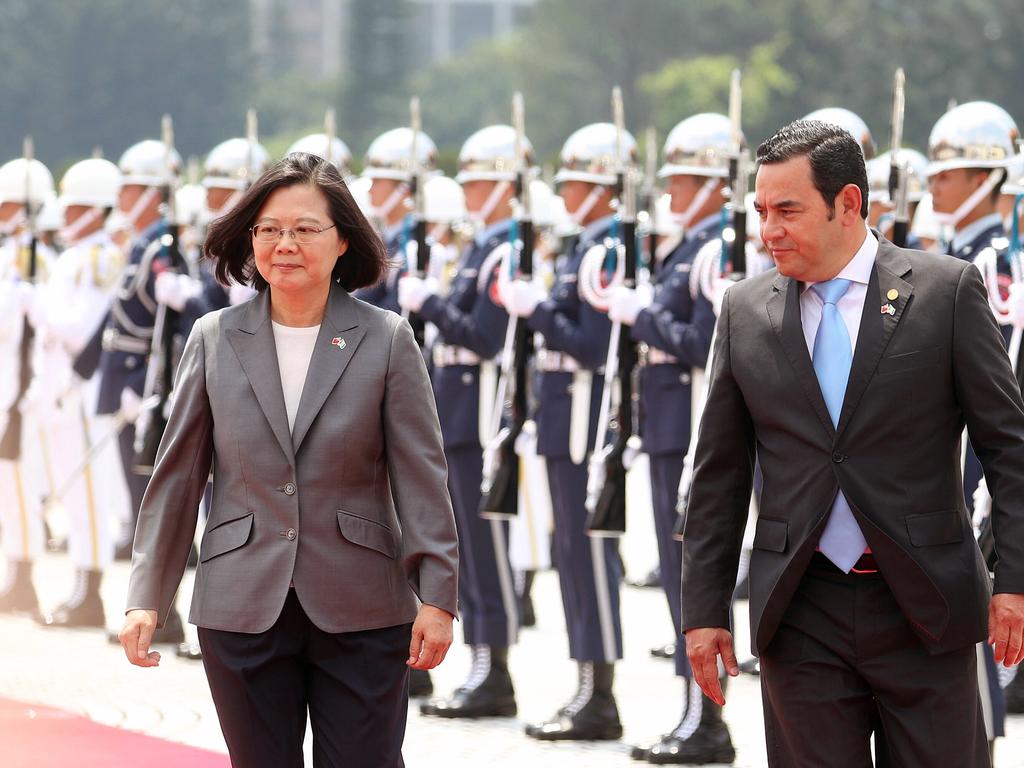


To join the conversation, please log in. Don't have an account? Register
Join the conversation, you are commenting as Logout